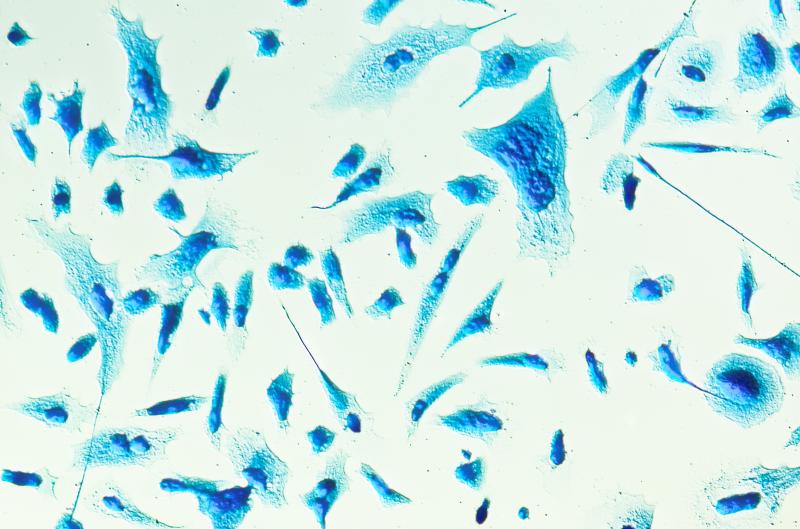
Detection of circulating tumour cells appears to increase the risk of biochemical recurrence in patients with prostate cancer, suggesting that such detection precedes prostate-specific antigen (PSA) risk following surgery in cases of prostate cancer recurrence, reveals a recent study.
“Circulating tumour cells in the blood were frequently detected in patients with undetectable PSA levels after radical prostatectomy for localized prostate cancer,” the investigators said.
This study prospectively enrolled 203 patients with an undetectable PSA who had undergone radical prostatectomy for prostate cancer. Circulating tumour cell sampling was performed at a median of 4.5 months after surgery.
Biochemical recurrence-free survival was the primary endpoint. A novel approach with a replication-competent adenovirus controlled by PSA/prostate-specific membrane antigen transcription regulatory elements (Ad5/35E1aPSESE4) was used to detect circulating tumour cells in the blood of patients.
Seventy-three (36.0 percent) patients with undetectable PSA concentrations after surgery were found to have circulating tumour cells. Biochemical recurrence at 3 years from the time of surgery was significantly higher in patients with positive than negative circulating tumour cells (81.6 percent vs 48.9 percent; log rank p<0.001).
In multivariable analysis, postoperative circulating tumour cell detection independently correlated with a higher risk of biochemical recurrence (hazard ratio, 5.42, 95 percent confidence interval, 3.24–9.06; p<0.001). Additionally, C-index was increased in combinations of multivariable model and postoperative circulating tumour cell detection compared with the multivariable model alone.
“Large-scale validation is needed in the future,” the investigators said.